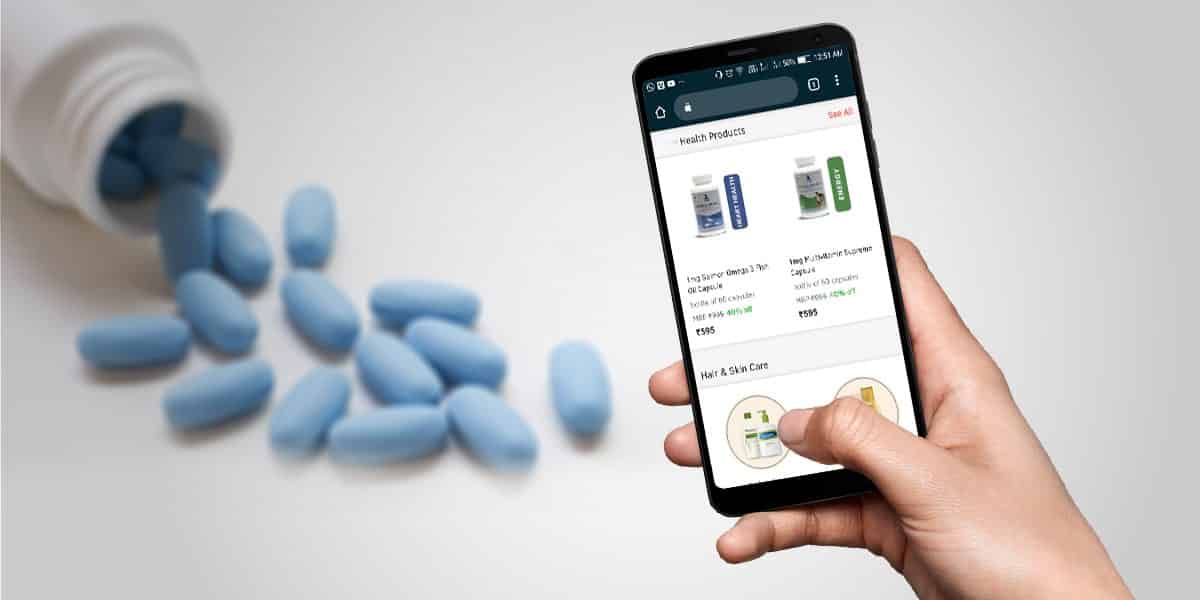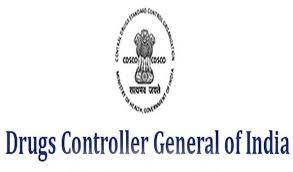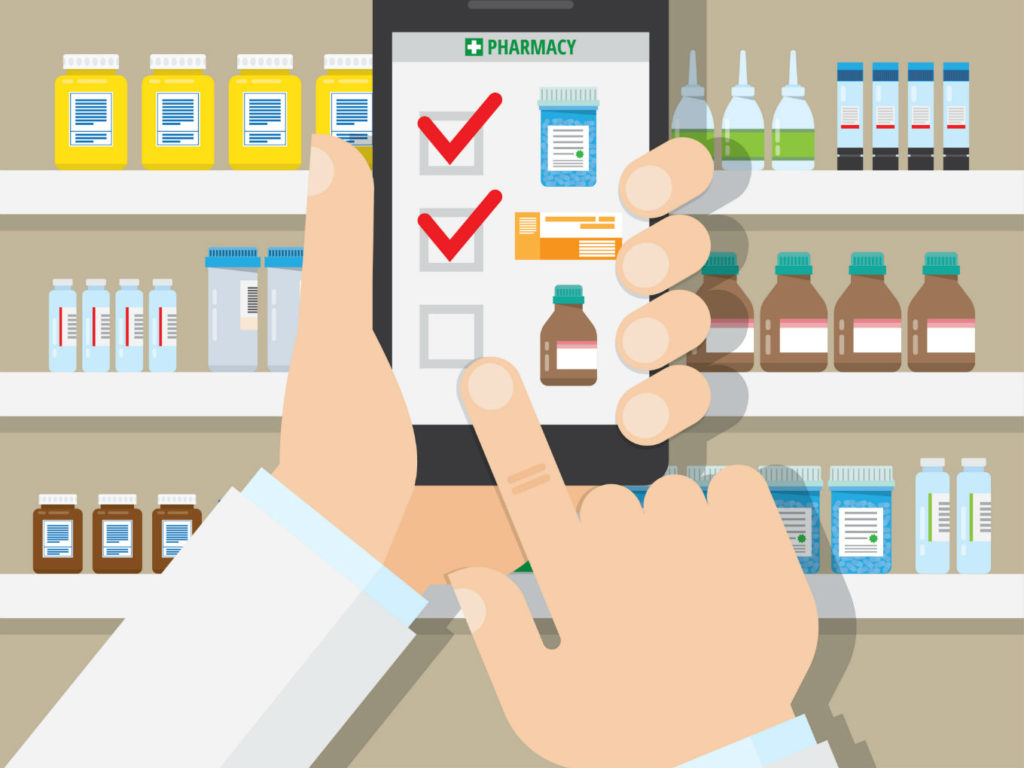If you enjoy ordering prescription drugs online, you must be aware that the Indian government is getting ready to ban e pharmacy businesses. When your supply of vegetables runs out, order more online. When you become hungry or need new clothes, shop online. In India today, there is virtually anything that can’t be obtained online. Every product is sold online.
Yet, it’s possible that soon you won’t be able to order medications online while sitting at home. The Ministry of Health has been recommended to discontinue using e-pharmacy apps in India by the Group of Ministers of the Government of India. 
Getting ready for the e pharmacy businesses’ ban!
Yet why? What, after all, have the e-pharma businesses that offer door-to-door delivery of medications done to warrant a call to outright outlaw them in India? There are two explanations provided for this by the Indian Ministerial Group. The first reason is that those medications, which cannot legally be sold without a doctor’s prescription, are also being sold on e-pharmacy apps and websites. In medical jargon, these medications are referred to as Schedule H, Schedule X, and Schedule H1 substances.
Why is this action being taken?
The second concern is that the businesses operating E Pharmacy Apps store the patients’ private health information. Advertising agencies and overseas pharmaceutical corporations are buying this patient data from India. Owing to both of these factors, plans are being made to outlaw e pharmacy, even if these businesses have previously received warnings for their unethical conduct.
E pharmacy Companies received notice from DGCI.
After providing notice to 20 e pharmacy companies operating in India last month on February 8, the Drug Controller General of India (DGCI) questioned how they could offer medications without a legal license. Because a legal license is necessary to sell Schedule H, Schedule X, and Schedule H1 pharmaceuticals in India under the Drug and Cosmetic Act 1940 and the Drug Regulations 1945, the nearby pharmacy shops must pay a fee to obtain this license in order to sell these drugs. After giving, you must receive.

The list of e-pharma businesses that received the DGCI’s notification
includes names like AMAZON, FLIPKART, TATA 1MG, NETMEDS, and PHARMEASY. The requirement that the corporations react within two days of getting the notice is spelled out in the notice’s final paragraph. If the companies fail to do so, it will be considered that they have no defense to offer, at which point the government will proceed with its next course of action.
Yet, the government was forced to get ready for the next course of action
when the corporations’ evasive responses to the notification. The Group of Ministers had a meeting to discuss this. It was proposed that e-pharma businesses be outright prohibited in India. E-pharmacy enterprises, according to the PHARMACY COUNCIL OF INDIA, or PCI, should be outlawed in India. 
It is vital to outlaw e-pharma enterprises
because there are so many serious claims against them. Yet, a simple accusation does not automatically prove guilt, and we do not base any of our claims just on rumors. We have thus independently verified the accuracy of the accusations made against e-Pharma companies. For this, we opened an e-Pharma app and attempted to order a medication from the Scheduled H category there without a prescription.
Then it was discovered that
drugs were being sold without a doctor’s prescription on e-pharmacies. Consider how risky it is that you can easily purchase medications online that you cannot purchase without a prescription at a medical supply store. The e-Pharma company denied it. And said that they do not sell drugs without a medical prescription. When we asked them how they are selling restricted medications without a prescription. But, we have already demonstrated what the truth is.
But we want to be clear that
this is only one e Pharmacy app. And we cannot say that all e-Pharma companies are selling online medications in this way or any other. Yet because this has already been established. It is important to comprehend why it is happening. In fact, India’s drug regulations date back to before the country gained its independence. All of the provisions of the Drug and Cosmetic Act of 1940 and the Drug Regulations of 1945 were created with offline pharmacies in mind. These statutes from the British era do not contain any provisions to regulate the market for internet medications. And by taking advantage of this, e-Pharma businesses are profiting by selling medications at will, endangering the patients’ lives in the process.
Read More: See tips to fix the Mobile overheating problem in summer
![]()
|
|
 Facebook Page Facebook Page |
Click Here |
 Twitter Twitter |
Click Here |
 Instagram Instagram |
Click Here |



